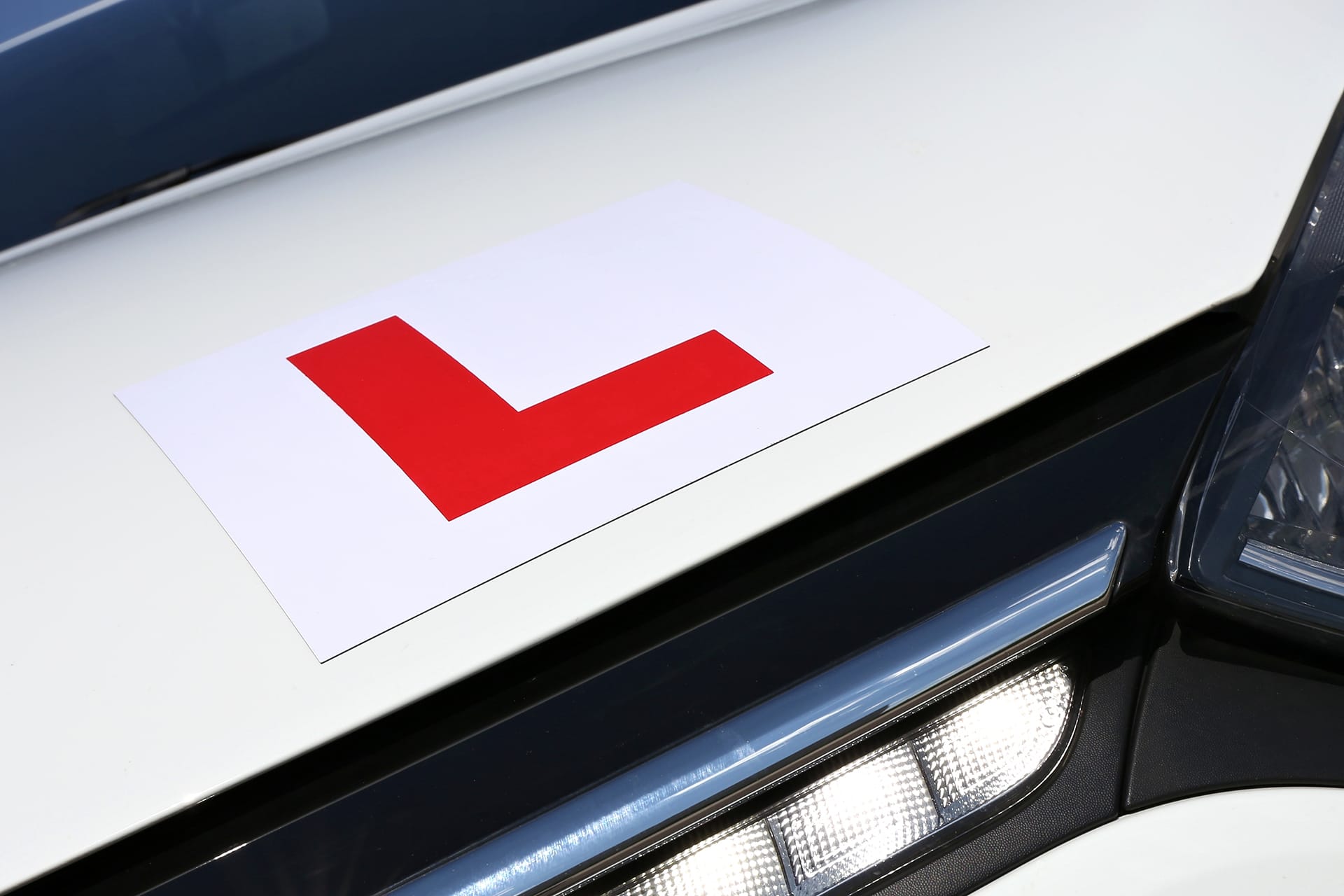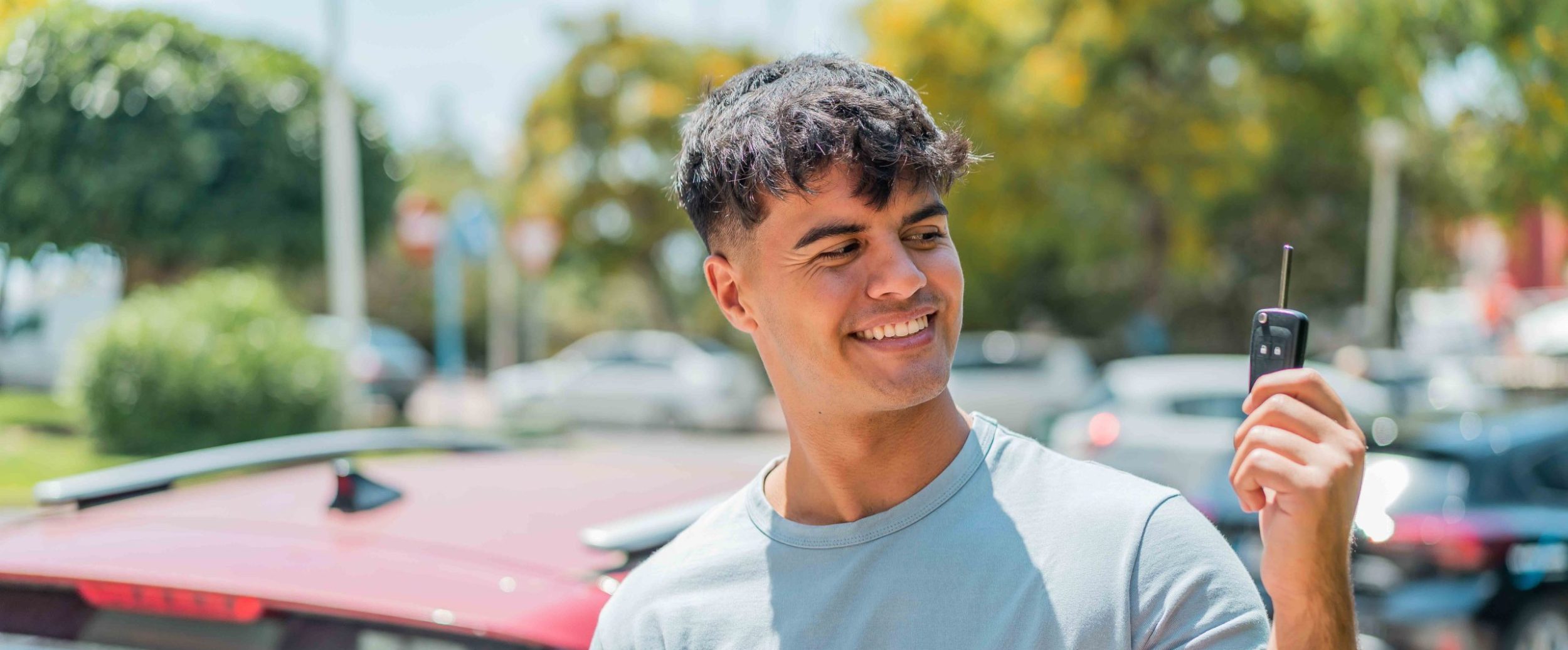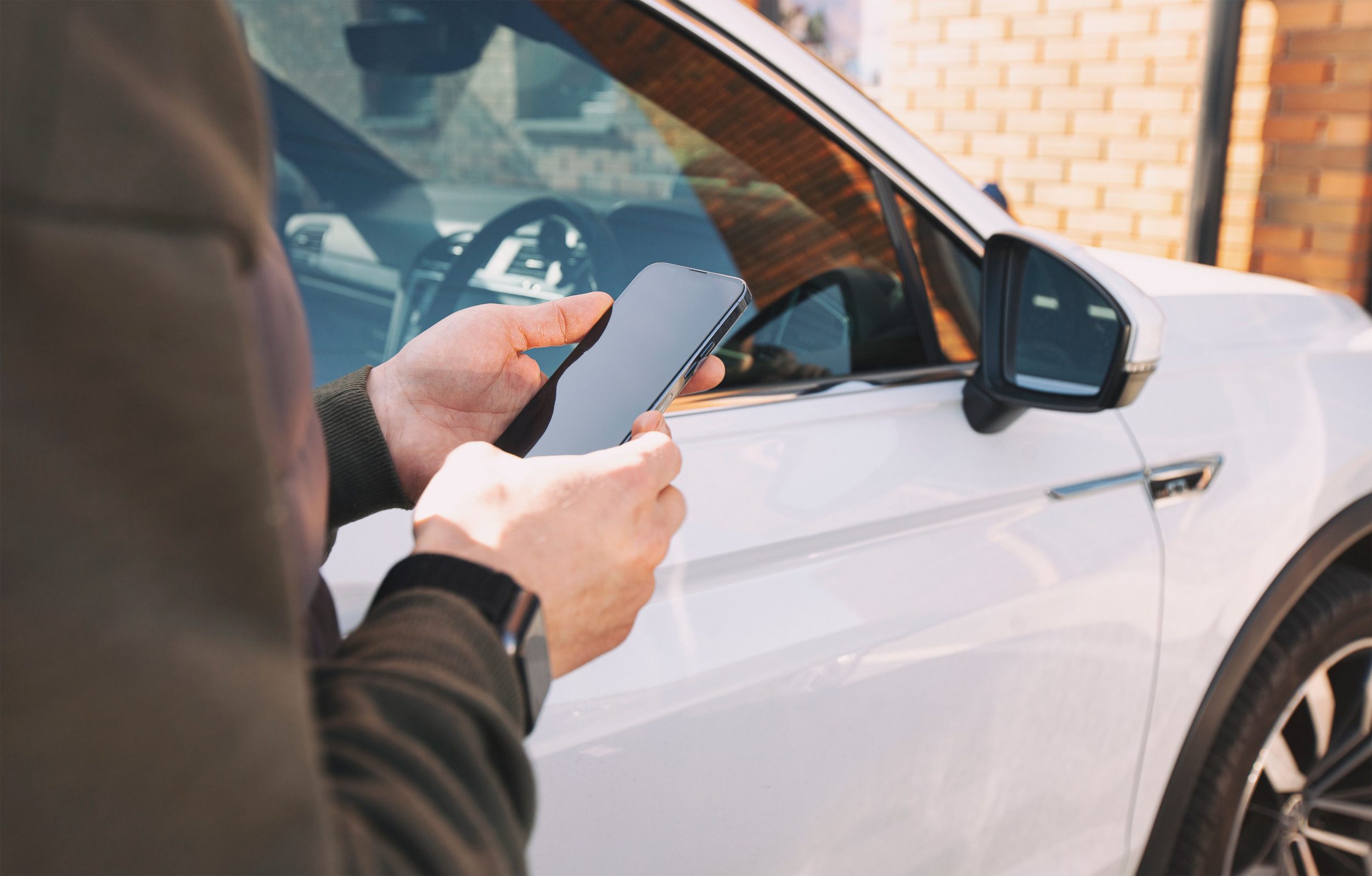Learning to drive is an exciting part of a person’s life. But, for some, going the more conventional route may not be the best idea and instead of opting for a driving instructor or driver training course, you may wish to learn independently. Whether this is the route you are going to take, or you are just wondering about the legalities of learning without an instructor, we answer the most frequently asked questions below.
Why learn to drive independently?
There is a range of reasons why someone might opt to not learn with a driving instructor and instead learn independently. We list some of the main reasons below:
- it can be cheaper – Learning to drive with an instructor is wise as they can offer professional advice. However, their experience comes at a cost and learners will often look at paying around £50 an hour for their driving lessons.
- you can learn on your own terms – Whether you have lots of time to spare or a very hectic schedule, by not having to rely on an instructor and instead, learning with a friend or family member, you’ll be able to get out onto the roads around your schedule.
- you can learn in your own car – If you’ve already purchased the car you want to drive full-time once you’ve passed your test, or you will be car sharing with someone whose vehicle you have access to, if you learn to drive independently, you can learn in that vehicle.
- it can be less stressful – Learning to drive is a different experience for everyone. To some, it comes naturally and to others, it can be quite stressful. For those who know they’ll feel more comfortable being with someone they know and trust, opting to not go for an instructor can be beneficial.
These are just a few of the main reasons that someone might decide that independent learning is for them. The experience of learning to drive is different for each person, and finding what works best for you and your lifestyle can be the best factor towards getting that pass.
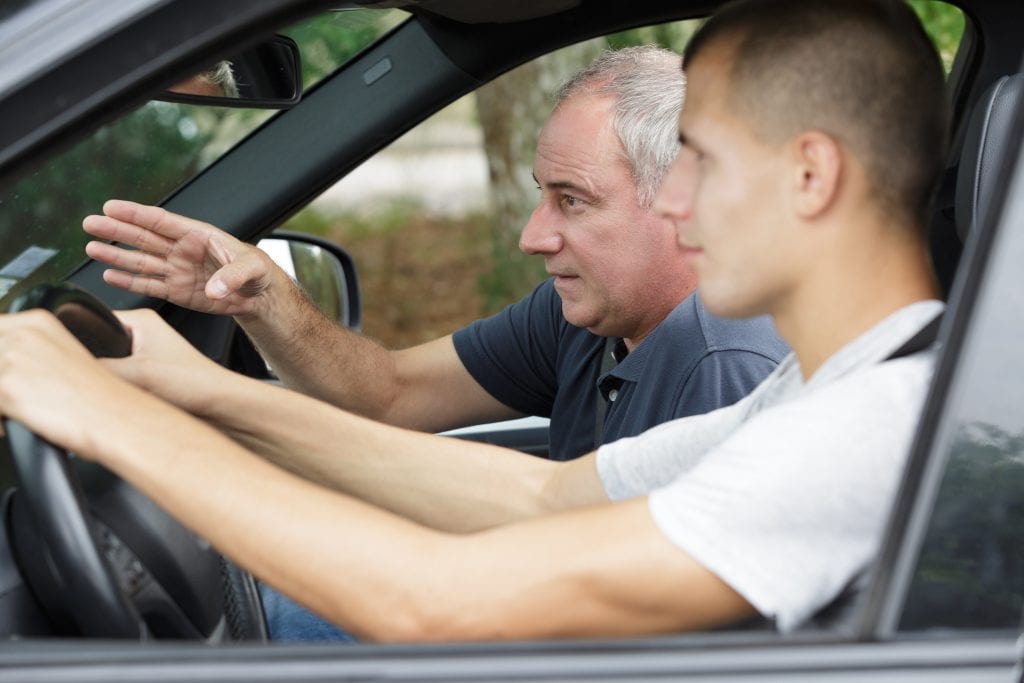
Can you learn to drive without an instructor?
Yes, you are able to learn to drive in the UK without a driving instructor. In fact, even if you are taking lessons with an instructor, you are also able to take independent lessons with a friend or family member too.
What you need to learn to drive without an instructor:
- a car
- someone to accompany you
- a provisional driver’s licence
- car insurance.
Ensuring you have the right insurance when you are learning to drive is essential, and this is something that driving instructors usually take care of so can be forgotten when learning independently. For those who just want cover when they are learning, our temporary learner driver insurance can get you covered from as little as two hours, great for when you want to learn in someone else’s car but don’t want to commit to a long-term insurance policy.
When it comes to the person you choose to accompany you, there are rules that you must follow.
Who can accompany a learner driver?
- someone aged over 21 (25 if you intend to use Dayinsure temporary learner insurance)
- someone who has held a full UK driving licence for over 3 years
- someone who will not use their phone whilst accompanying you
- someone who is not being paid to accompany you (unless they are a DVSA-approved instructor).
READ MORE: Learner driver insurance: What you need to know
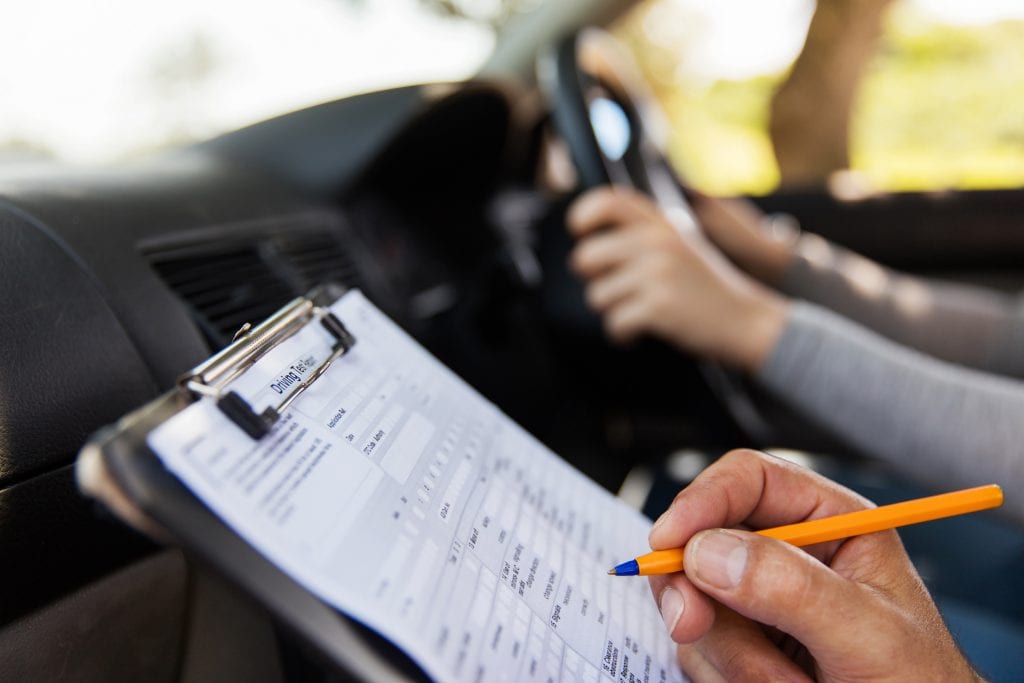
Taking a driving test with your own car
So, that’s learning to drive taken care of. But what about taking a test?
Do you need an instructor for your driving test?
No, you do not need a driving instructor to take a driving test. Anyone can book a driving test in the UK. You’ll just need to have your provisional driving licence number. You also need to have passed your theory test before taking a practical test, however, you’ll only need evidence of this on the day of the test in the form of a theory test pass certificate so you can book your test to take place before passing your theory.
Something that is common is people having their driving instructor sit in on tests with them. Not only can this offer a friendly and reassuring face, but it also means that should you fail, you’ll have a second set of eyes on the mistakes that were made that can help shed some light on what may have gone wrong if you aren’t sure.
But it’s not only driving instructors who can sit in. You are able to have anyone to accompany you during your test, including friends and family members. Again, not only can this be nice as it offers a friendly face to help calm you, but it means someone else can witness the test and, should something go wrong, help deduce why.
Can I take a driving test in my own car?
Yes, you do not need to be in a driving instructor’s car in order to take your driving test. According to the Government website, to take a practical test in your own car or a friend or family member’s car, the car must:
- be taxed
- be insured for a driving test (check with your insurance company)
- be roadworthy and have a current MOT (if it’s over 3 years old)
- have no warning lights showing, for example, the airbag warning light
- have no tyre damage and the legal tread depth on each tyre – you cannot have a space-saver spare tyre fitted
- be smoke-free – this means you cannot smoke in it just before or during the test
- be able to reach at least 62mph and have an mph speedometer
- have 4 wheels and a maximum authorised mass (MAM) of no more than 3,500 kg.
To be test-ready, the car must also have an extra interior rear-view mirror for the examiner to use, L-plates and a passenger seatbelt and head restraint. You’re able to record the test using a dashcam providing the camera isn’t recording inside the car and doesn’t record audio from inside of the car. The car is also able to have an electronic parking brake and hill-start assist.
They will check all of these requirements are met before your examination at the test centre.
For more information on the restrictions on cars that can be used for a driving test, visit the Government website here.
READ MORE: Can learners drive on the motorway?
Do you need dual controls for a driving test?
Dual controls are not needed for a driving test. Although they can be useful if the examiner needs to take over control, having dual controls is not necessary during a practical driving test. However, it is worth being aware that, without dual controls, an examiner might feel the need to intervene quicker during the test in the event of an error as they don’t have the brake pedal to fall back on.
So, there you have it! Learning how to drive and taking your test in your own car, or a friend’s or relative’s, is a great way for some people to pass their test and get on the road. And, with our one day car insurance, you can get quick and easy cover helping you get one step closer to the day you pass your driving test!
For more tips and advice, make sure to visit our news page.

